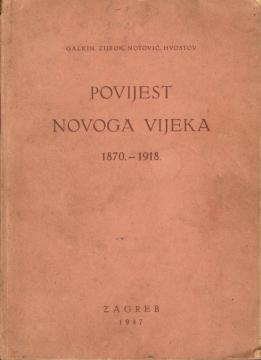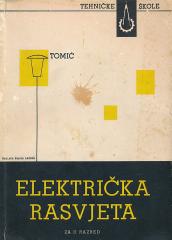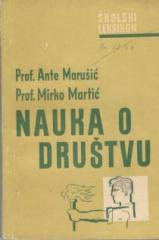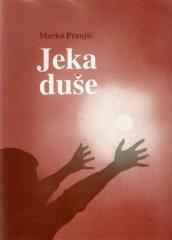
Povijest novoga vijeka 1870.-1918.
Hrvatski prevod sovjetskog udžbenika, obojen marksističko-lenjinističkom ideologijom. Obuhvata ključne događaje od ujedinjenja Nemačke do kraja Prvog svetskog rata, sa naglaskom na klasnu borbu i imperijalizam.
Knjiga analizira period intenzivne modernizacije i sukoba. Ujedinjenje Nemačke (1871) pod Bizmarkom prikazano je kao trijumf buržoazije, dok se kolonijalizam Britanije i Francuske kritikuje kao eksploatacija radničke klase i kolonija. Balkanski nacionalni pokreti, poput Hercegovinskog ustanka (1875), tumače se kao borba protiv feudalnog ugnjetavanja Osmanskog carstva. Udžbenik naglašava ekonomski razvoj (industrijalizacija, železnice) i uspon radničkih pokreta, posebno socijalizma i sindikata, kao odgovor na kapitalističku eksploataciju. Formiranje saveza (Trojni savez, Antanta) i trka u naoružanju doveli su do Prvog svetskog rata, opisanog kao imperijalistički sukob između buržoaskih sila. Ruska revolucija (1917) slavi se kao pobeda proletarijata. Mirovni pregovori u Versaju (1918) kritikovani su kao pokušaj kapitalističkih sila da očuvaju svoju dominaciju. Sovjetska perspektiva naglašava neizbežnost klasnih sukoba i slabljenje kapitalizma.
Delo je ideološki obojeno, sa fokusom na marksističko tumačenje istorije, gde su događaji predstavljeni kroz prizmu klasne borbe i kritike kapitalizma.
Angeboten wird ein Exemplar




